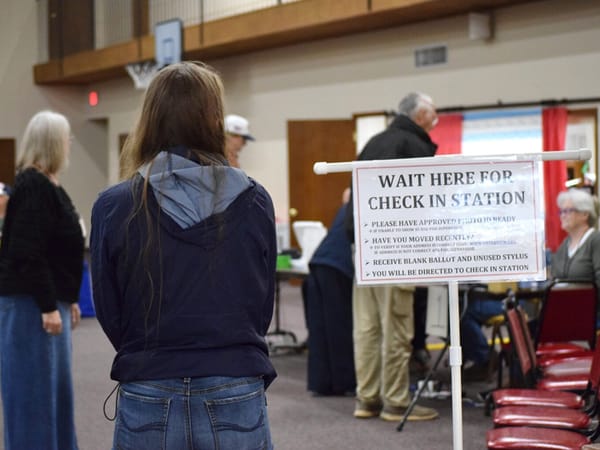Federal Court Halts Religious Display Mandate in Arkansas Schools
A federal judge has halted Arkansas Act 573, which required schools to display the Ten Commandments, ruling it unconstitutional. The case now moves to full court review.

The classroom walls of Arkansas schools will remain unchanged for now. A federal judge has blocked Act 573, a new law that would have required public schools to display the Ten Commandments in classrooms and libraries. The decision came on August 4, just one day before the law was set to take effect, leaving the measure in limbo and stirring renewed debate over religion and public education.
U.S. District Judge Timothy Brooks issued a preliminary injunction, pausing the law until a full court review can take place. In his order, Brooks said that forcing public schools to display the Ten Commandments would violate both the right to freely practice religion and the Establishment Clause of the First Amendment, which prohibits the government from promoting religion over nonreligion.
In his ruling, Judge Brooks questioned why Arkansas would adopt a measure so similar to one the U.S. Supreme Court had already rejected. He pointed to a 1980 case in which the Court struck down a nearly identical Kentucky law. Brooks also suggested that Arkansas’s action may not stand alone but instead reflect a broader, coordinated effort among states to insert Christian religious content into public education.
Civil Rights Groups Challenge the Law
The law is being challenged by several civil rights organizations, including Americans United for the Separation of Church and State, the American Civil Liberties Union of Arkansas, the national ACLU, and the Freedom From Religion Foundation. They are joined by the New York–based law firm Simpson Thacher and Bartlett LLP.
The lawsuit names the school districts of Fayetteville, Springdale, Bentonville, and Siloam Springs as defendants. The state of Arkansas, represented by Attorney General Tim Griffin, has joined the case as an intervenor, meaning it was not part of the original lawsuit but has asked to participate in the proceedings.
State Leaders Respond
Attorney General Griffin expressed disappointment with the ruling. In comments to Axios, he said his office was reviewing the decision and considering possible legal steps, pointing to recent Supreme Court rulings that have favored religious expression in public life.
Governor Sarah Huckabee Sanders also criticized the decision. Speaking with Axios, she said that in Arkansas, “We believe murder is wrong and stealing is bad,” adding that the Ten Commandments represent the foundation of Western law and morality. She argued that posting them in schools and government buildings is appropriate and provides an important reminder for students, employees, and the public.
A Broader Political Battle
The case underscores the deepening divide over the role of religion in public life. Backers of the law frame it as a defense of Christian values, while critics contend that it undermines constitutional protections against government involvement in religion.
Even with its early setback in court, supporters of Act 573 are expected to keep pushing forward. For many conservatives, the measure is part of a wider campaign to resist secular influence in public institutions and to cast opponents as hostile to Christianity. They argue that this approach fuels a broader political backlash against what they view as the steady erosion of traditional values.





